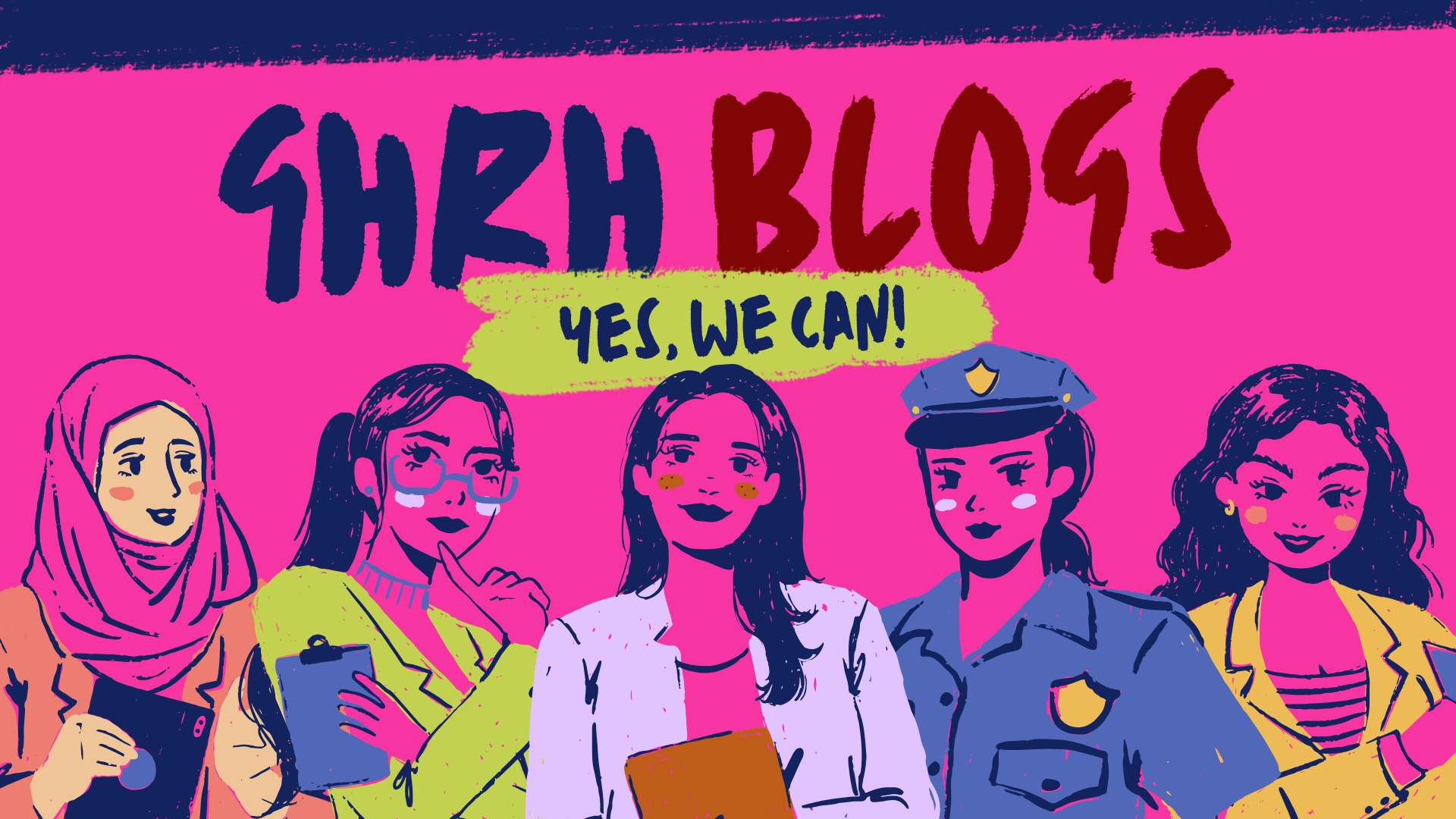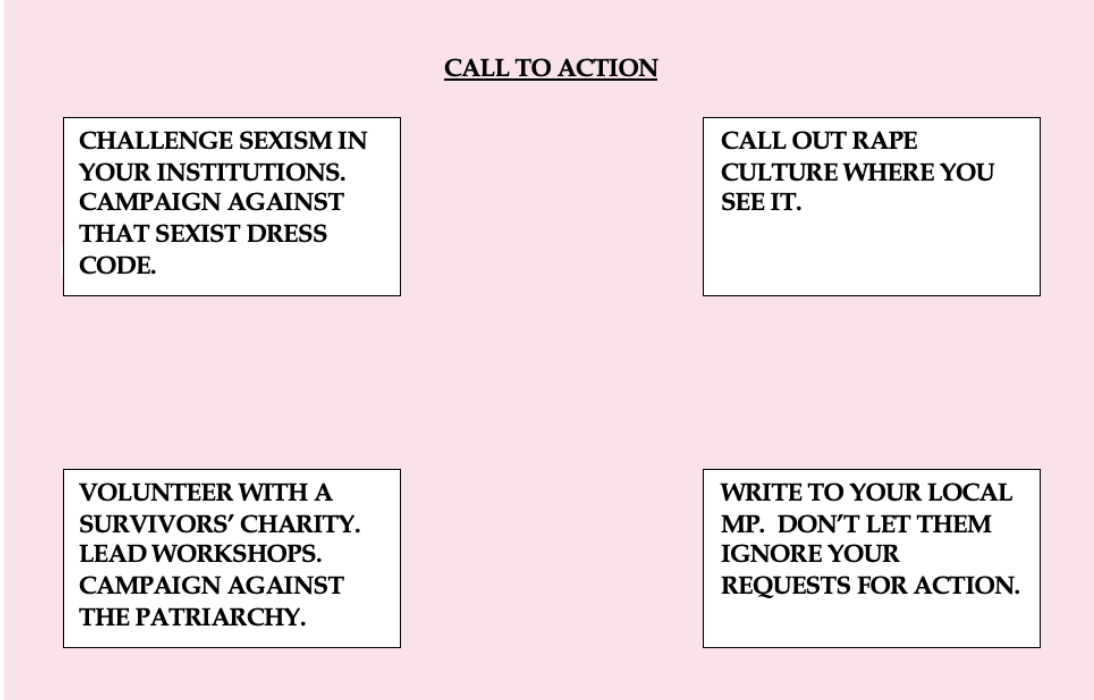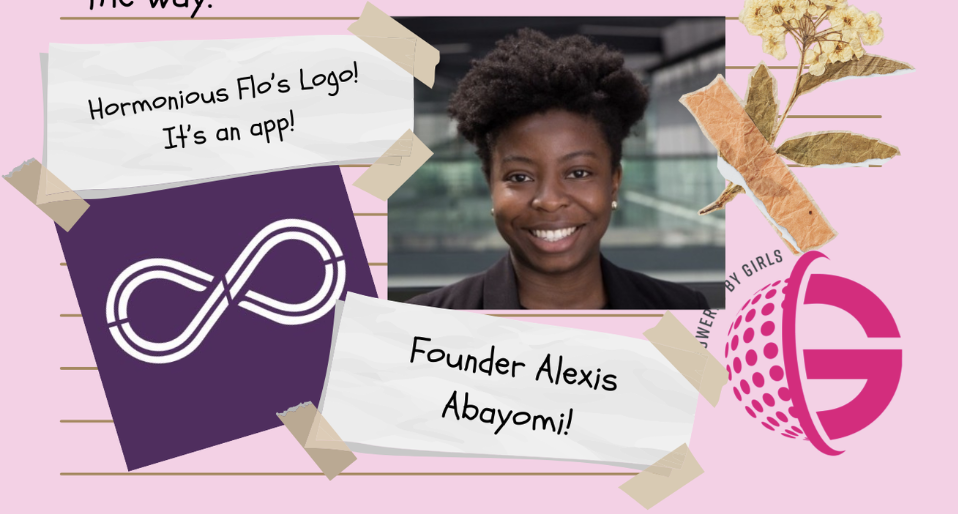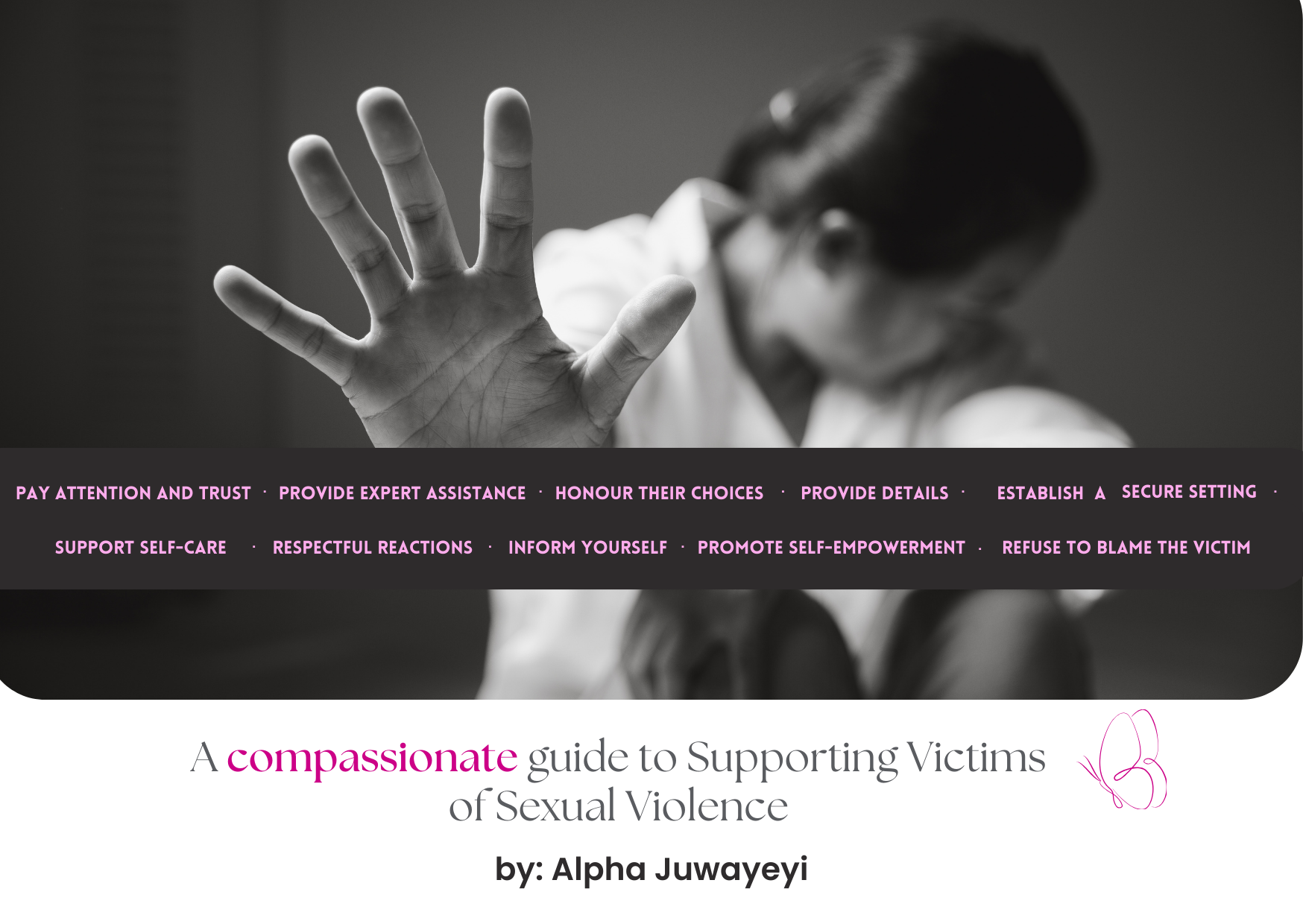Blog & Articles
Stay informed and inspired by reading the latest updates, thought-provoking articles, and powerful stories about girls' human rights, gender equality, and the work we are doing at the Girls Human Rights Hub. From opinion pieces and advocacy stories to insights on key issues affecting girls globally, our blog offers a space for learning, reflection, and action.

Environmental Justice and Accessibility for Women of Color: An Analysis of Historical Struggles, Advocacy, and Policy
Women of color face disproportionately higher environmental risks and systemic barriers to resources due to intersecting inequalities of race, gender, and socioeconomic status. This injustice is not a recent development but is deeply rooted in historical systems of exclusion and discrimination. At the same time, women of color have been at the forefront of the environmental justice movement, advocating for equitable access to environmental and public health resources while confronting the structural inequalities perpetuating these disparities. By integrating ecofeminist and intersectional frameworks, this paper explores the historical and contemporary struggles of women of color, their grassroots leadership, and the policies needed to address systemic injustices.
A blog by Orrin Jones, Young Expert at GHRH

Breaking the chain: The fight against human trafficking
Human trafficking is a form of modern slavery where people are exploited and forced to work against their will. Traffickers use deception, coercion, or violence to lure victims into situations of forced labour or sexual exploitation.
Common forms of human trafficking include sex trafficking (forcing individuals into prostitution, pornography, or other sexual acts); forced labour (exploiting people through unpaid or underpaid work, often in harsh conditions); domestic servitude (trapping individuals in domestic work with minimal pay or no rights); forced marriage (coercing individuals into marriages they don’t consent to); forced crime (compelling victims to engage in criminal activities like theft or drug dealing); or organ harvesting (removing organs from victims for illegal sale).
A blog by Aneesa Ali, Young Expert at GHRH.

Earth’s Best-kept Secret: Why Women Hold the Blueprint for a Greener Future
We frequently search for technological advancements, international regulations, or ground breaking concepts to safeguard our world. However, what if some of the best ideas have been quietly passed down from generation to generation for centuries? What if we have been undervaluing one of humanity's most valuable assets—the profound, innate wisdom of women?
A blog by Mani Bajpai, Young Expert at GHRH




Identity and Capabilities at stake: Gender Testing Scrutinises Women’s Bodies
Why does gender, something natural, socially and historically, as claimed by many, constantly need policing to uphold its pieces, as if a mere wind will dismantle this preserved puzzle? Why are those deemed unfit to tick the appropriate structures of bodily expression pathologised and subjected to trolling and critique? Who constructs this definition of masculinity and femininity, and the mere blurring of this line, even by the cis women, calls for othering and marginalisation or subjection to practices like gender testing?
A blog by Shivani Singhal, Young Expert at GHRH

Why Society Can’t Let Women Politicians Just Be Politicians
Fifty years ago, women were barely visible in political spaces. Today, they lead nations, draft critical legislation, and inspire movements. But despite this progress, society still refuses to let women in politics simply be ‘politicians’. Their gender becomes a defining lens through which their actions are scrutinised, and their worth measured. Figures like Kamala Harris, Julia Gillard, and Jacinda Ardern are seen not just as politicians but as ‘women politicians’, with all the stereotypes and double standards that label entails.
A blog by Erin Shutter, Young Expert at GHRH.

The Impact of Political Strongmen on Women’s Menstrual Equity
Classical myths depicted menstruation as a form of punishment, a curse placed on women. These negative connotations have seeped into our modern ideals in which periods are viewed in many cultures, as taboo, gross, or shameful. In Western democracies, the issue of period poverty has risen in political spheres – with the Scottish government being the first in the world to make period products free for all. However, there is a colossal gap across the globe when it comes to menstrual equity. This has been worsened by the rise of strongmen politics.
A blog by Anna McFadyen, Young Expert at Girls Human Rights Hub.



Abortion laws in your country might not be what you think
Though there is a general trend towards more liberal abortion laws globally, countries like Nicaragua, El Salvador, Poland and the United States of America (US) have very recently restricted theirs. In eager anticipation of the US presidential election decided earlier this year, political commentators discussed whether Harris’s promise to decriminalise abortion at a federal level would win over the nation. The inability to understand “what it must feel like” to be a woman (or any person able to conceive) in the US, a country with total abortion bans in some states and other laws at risk of regressing further, is a constant thought in my brain and a common topic of discussion amongst the women and girls close to me.
A blog by Alice Palmer, Young Expert at GHRH

Celebrating a New Year of Girls Human Rights Hub
We are excited to introduce Girls Human Rights Month, an annual celebration dedicated to raising awareness and advocating for the rights of girls worldwide. Taking place every February, this month will bring together activists, leaders, and communities to highlight the issues girls face, while celebrating their resilience, potential, and contributions to society. With events like the Girls Human Rights Festival, Girls Human Rights Month will serve as a powerful call to action, empowering everyone to work toward a world where every girl has the opportunity to thrive.

Shining a Light on the Challenges Facing Indigenous Australian Women
In this insightful report, Christina Cushen, our Young Expert, delves into the profound challenges faced by Indigenous Australian women, focusing on the alarming rates of violence, the intersection of disability and gender, and the disproportionate incarceration rates. Cushen highlights the systemic barriers these women encounter, emphasising the urgent need for effective government strategies to support and uplift Indigenous women and girls, advocating for justice in a historically marginalised community.

Silent Suffering: Human Rights Violations Against Women and Girls in Conflict Zones
In this blog, Christina Cushen, our young expert, explores the critical human rights violations that women and girls encounter in conflict and war zones. She highlights the persistent threats of violence, sexual exploitation, and forced displacement that disproportionately affect these populations. Christina also addresses the barriers to education and healthcare that arise during times of unrest, emphasising the importance of access to essential services for their well-being. By sharing personal stories and statistical data, the blog aims to raise awareness of the challenges faced by women and girls in these circumstances and to advocate for a more equitable and just approach to addressing their needs and rights in conflict-affected areas.

Consent Education and Its Role in Preventing Sexual Violence
Consent education plays a crucial role in fostering mutual respect, empowering individuals to establish personal boundaries, and creating safer environments. This blog explores the significance of consent as a universal human right, the impact of comprehensive consent education on reducing sexual violence, and the collective responsibility of individuals and institutions in promoting a culture of respect and communication.

ENDING SEXUAL VIOLENCE
Sexual violence against women and girls is a global epidemic with far-reaching consequences. Despite progress in some areas, this pervasive issue affects individuals across all walks of life—from conflict zones to educational institutions. According to the United Nations, sexual violence includes acts like rape, unwanted touching, and coercion, committed in any setting by anyone.
This persistent crisis underscores a profound failure in societal structures and systemic injustice. To make meaningful progress, we need transformative solutions that address both the symptoms and root causes of sexual violence. It's time to confront these issues head-on and advocate for comprehensive reforms that ensure safety and justice for all.

Interview with Mary Lawlor, UN Special Rapporteur HRDs
Join our young expert Christina Cushen as she interviews UN Special Rapporteur on Human Rights Defenders, Mary Lawlor, on the fight for women's and girls' rights.
Discover insights on the role of the UDHR, challenges in girls' education, and the inspiring work of young women human rights defenders.

Empowering Women's Health: The Story of Alexis Abayomi and Hormonious Flo
Our amazing Young Expert Roksanna Keyvan interviews Alexis Abayomi, a visionary force in the femtech space and the founder of Hormonious Flo. Reshaping women's health with her ground breaking startup, her journey is nothing short of inspiring.

A Compassionate Guide to Supporting Victims of Sexual Assault
Surviving sexual assault is an uphill battle, one that demands a safe, nurturing space to heal. This blog dives deep into ways we can rally around survivors, emphasising the critical role of trust and simply being there to listen.


